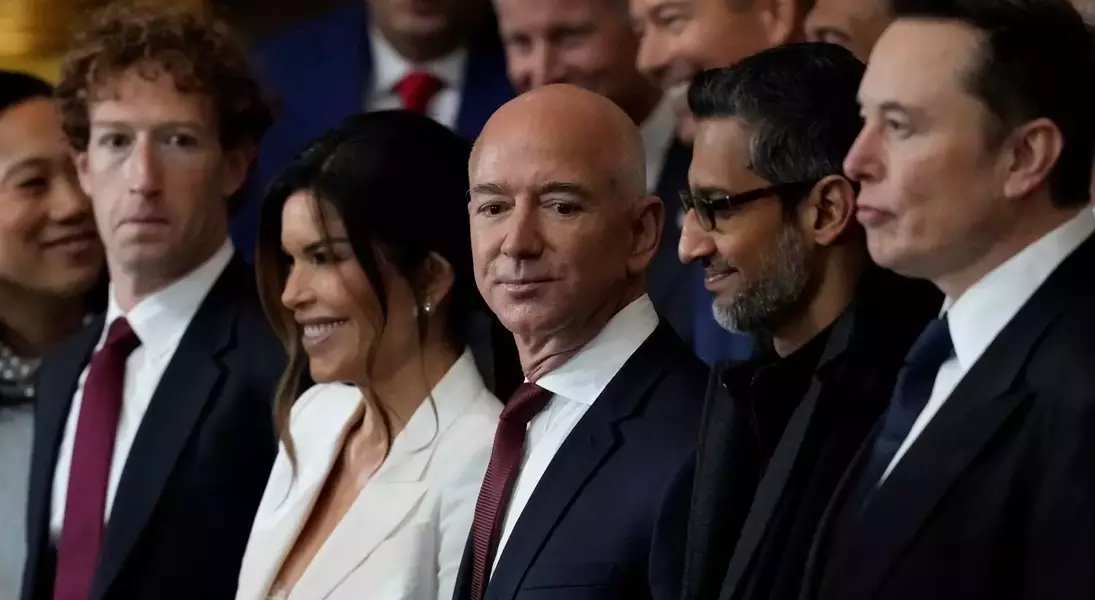
In a surprising turn of events, two advocacy groups faced rejection from the Washington Post regarding an advertisement aimed at criticizing Elon Musk's influence. Common Cause and the Southern Poverty Law Center Action Fund had planned to place a full-cover message on Tuesday’s edition of the newspaper, targeting key government areas. However, the Post declined to run the ad on its exterior covers, despite agreeing to a $115,000 deal. The decision has sparked debate about media independence and corporate influence.
The Controversial Advertisement and Media Backlash
In the heart of a politically charged season, two prominent nonprofit organizations, Common Cause and the Southern Poverty Law Center Action Fund, collaborated on an ambitious advertising campaign. They intended to wrap the Washington Post with messages questioning Elon Musk’s role in American politics. This bold move was designed to reach influential figures within Congress, the Pentagon, and the White House. The advertisement featured provocative imagery and statements, including a front cover depicting Musk overshadowing the White House and a back cover asserting that he holds no elected office.
The plan began unraveling when the Washington Post’s ad department informed the groups that while the internal ad could proceed, the exterior wraps would not be published. No clear explanation was provided for this decision. This refusal has led to speculation about the motivations behind the Post’s actions, especially considering the recent friendly exchanges between Jeff Bezos, the owner of the Post, and Musk. Bezos has been actively cultivating relationships with key political figures, including Donald Trump, further complicating perceptions of media impartiality.
Common Cause has already gathered 60,000 signatures on a petition opposing Musk’s involvement in government affairs. The organization, along with others like End Citizens United, has launched the FireMusk.org website to rally public support against Musk’s influence. Despite these efforts, the Washington Post’s decision highlights the challenges advocacy groups face in leveraging mainstream media for their campaigns.
From a journalist's perspective, this incident underscores the delicate balance between media freedom and corporate interests. It raises questions about the extent to which powerful individuals and entities can shape public discourse through control over major media outlets. The situation also serves as a reminder of the importance of independent journalism in maintaining transparency and accountability in both business and politics.
